Lasagne Garden over Bermuda grass?
addictedtoroses
16 years ago
Featured Answer
Comments (18)
karbie18
16 years agobuford
16 years agoRelated Professionals
Surprise Landscape Architects & Landscape Designers · Montgomeryville Landscape Architects & Landscape Designers · Harvey Landscape Architects & Landscape Designers · Davis Landscape Contractors · Fort Payne Landscape Contractors · Goodlettsville Landscape Contractors · Hollywood Landscape Contractors · St. Louis Landscape Contractors · Welby Landscape Contractors · Eastlake Landscape Contractors · Merrifield Landscape Contractors · Grandview Decks, Patios & Outdoor Enclosures · Huber Heights Decks, Patios & Outdoor Enclosures · North Aurora Decks, Patios & Outdoor Enclosures · Springfield Decks, Patios & Outdoor EnclosuresKimmsr
16 years agopatty4150
16 years agoceresone
16 years agoreg_pnw7
16 years agogardenlen
16 years agobuford
16 years agohabitat_gardener
16 years agobuford
16 years agoceresone
16 years ago1fullhouse
16 years agoLisa_H OK
16 years agoMomothegardenhoe zone 5, Central NY
16 years agodrcristy22
16 years agoJim Willeford
3 years agotoxcrusadr
3 years ago
Related Stories
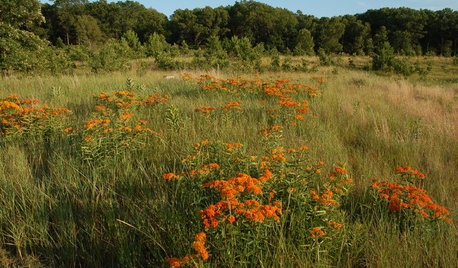
CENTRAL PLAINS NATIVE PLANTS10 Top Grasses for the Central Plains
Low-maintenance grasses provide seasonal interest and wildlife habitat, and aid good design
Full Story
LANDSCAPE DESIGNIs It Time to Consider Fake Grass?
With more realistic-looking options than ever, synthetic turf can be a boon. Find the benefits and an installation how-to here
Full Story
GARDENING GUIDES5 Great Grasses for a New Lawn
Learn about maintenance, wear tolerance, ideal climate and more for these top turf choices to pick the right one for you
Full Story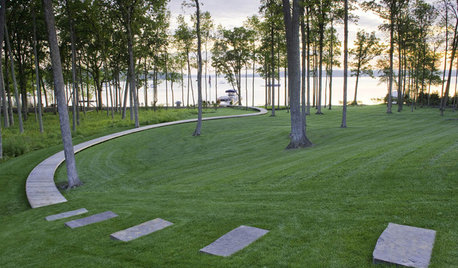
GARDENING GUIDESGive Your Turf the Fall Tune-up It Deserves
Treat your battered lawn to a little TLC this fall, and it will reward you with lush, healthy grass come spring
Full Story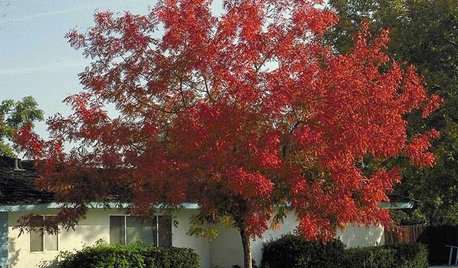
RED FOLIAGEGreat Design Plant: Chinese Pistache
Versatile and easygoing, this tree puts on a guaranteed fall spectacle in the landscape
Full Story
GARDENING GUIDESGreat Design Plant: California Poppy
Fall planting: California's state flower offers a glorious spring show and spreads readily in gardens under the right conditions
Full Story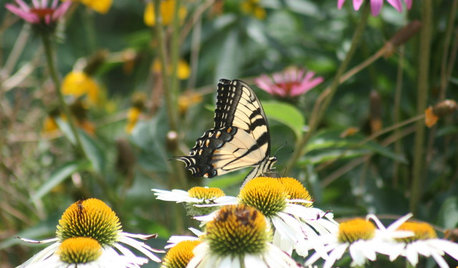
GARDENING GUIDESLessons in the Rewards of Selfless Gardening
Let go of gardening for your own vision and watch the garden’s own true vision come forth
Full Story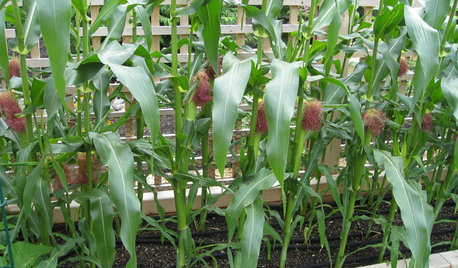
SUMMER FRUITS AND VEGETABLESHow to Grow Your Own Fresh, Sweet Corn
Here's how to plant and care for your own mini cornfield
Full Story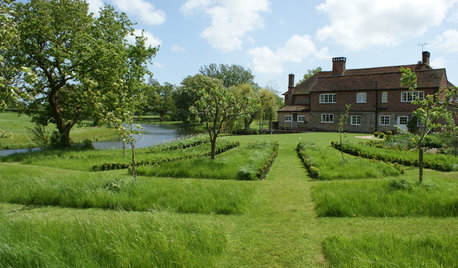
GRASSESHow to Rock a Lawn
Weekend Project: The key to healthy grass begins with the soil. If turf works for you, here’s how to fix it and keep it looking its best
Full Story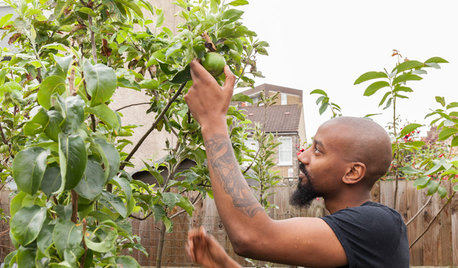
GARDENING GUIDESLush, Foodie Abundance in a Small Urban Garden
This modest backyard garden provides its owner with fruit and vegetables all year round, thanks to an innovative low-maintenance approach
Full StoryMore Discussions






macfairman